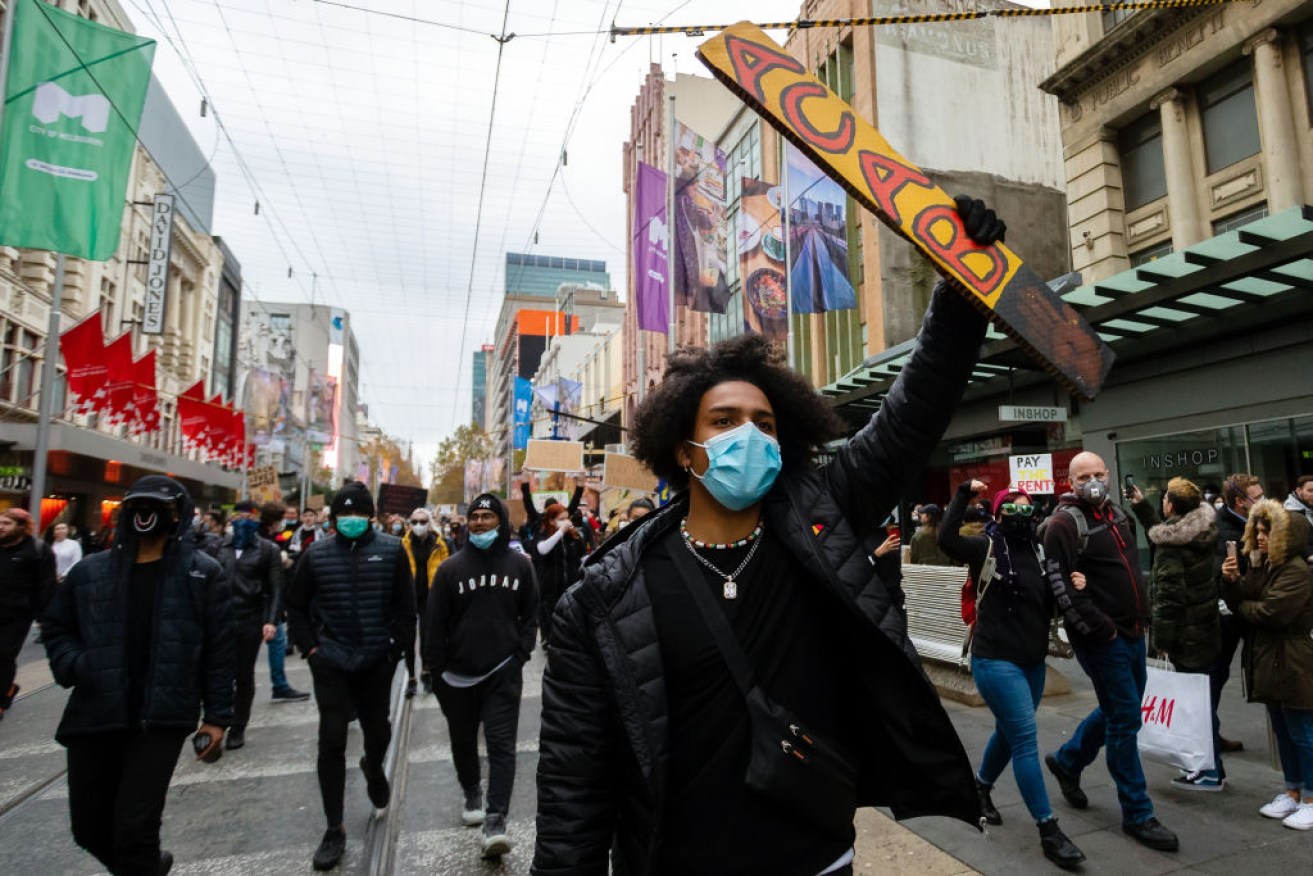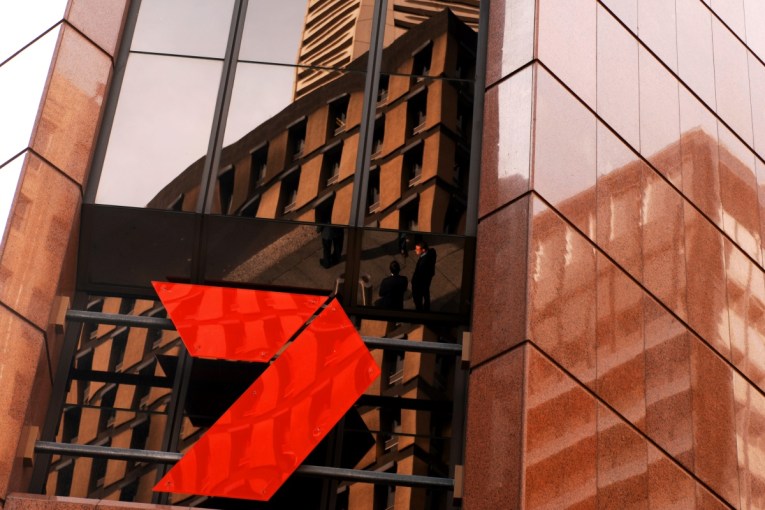Can we do dinner? If you protested, the answer is probably no


If you attended a protest over the weekend, you should self-isolate according to health professionals. Photo: Getty
If you were one of the tens of thousands of Australians who attended Black Lives Matter protests on the weekend, you should be self-isolating.
It’s the advice of the Australian Medical Association president Dr Tony Bartone and senior health officers across the country.
But what exactly does ‘self-isolation’ mean now that social distancing restrictions are gradually easing across the country?
Can you still go to work? It depends.
Unless you can work from home, you may need to take time off.
The first thing you should do is be upfront with your boss and tell them you attended the protests to find out what your options are.
This is crucial for healthcare workers, aged-care workers or any other people whose job is to look after vulnerable members of our community.
https://twitter.com/ScorpioOx61/status/1268785598728298498
Hospitality staff at recently re-opened bars, restaurants, pubs and cafes need to be extra careful, too.
If your job requires you to have regular face-to-face contact with a revolving door of customers, you’re urged to take the threat of spreading the virus very seriously.
All it takes is one infected person to touch the same door handle as another to spread the disease.
And dinner parties?
According to federal medical advice, if you are self-isolating then you must stay home except in an emergency to get essential medical care.
This means no dinner parties or gatherings with friends – even if eased restrictions allow you to do so in your state or territory.
And finally, if you promised to look after your grandparents or a sick family member this weekend, you’ll also have to find a replacement.
Australia has flattened the curve of COVID-19, but it is possible to carry and spread the virus unknowingly – even if you don’t have any symptoms.
Dr Bartone said the protests were “clearly against the advice of all the health authorities”.
He urged any protester who started showing “even the earliest and the mildest symptoms” of COVID-19 – like a runny nose or sore throat – to “get tested right away”.
“Rallying, mass gatherings in the middle of a pandemic, is only going to put the community at risk,” Dr Bartone said.
“The only safe way … of minimising any risk of it spreading over the next 14 days is to ensure that we keep our distance from the rest of the community.”
That same health message has also been shared by Warriors of the Aboriginal Resistance, the organisers behind Saturday’s anti-racism protest in Melbourne where at least 10,000 people marched.
More than 20,000 people attended the rally in Sydney, which ended with a violent clash between police and protesters at Central Station in which police pepper-sprayed crowds.
Peaceful demonstrations were held in Brisbane and Adelaide.
The widespread protests against Aboriginal deaths in custody formed part of the global Black Lives Matter movement fuelled by the death of African-American man George Floyd at the hands of Minneapolis police.








